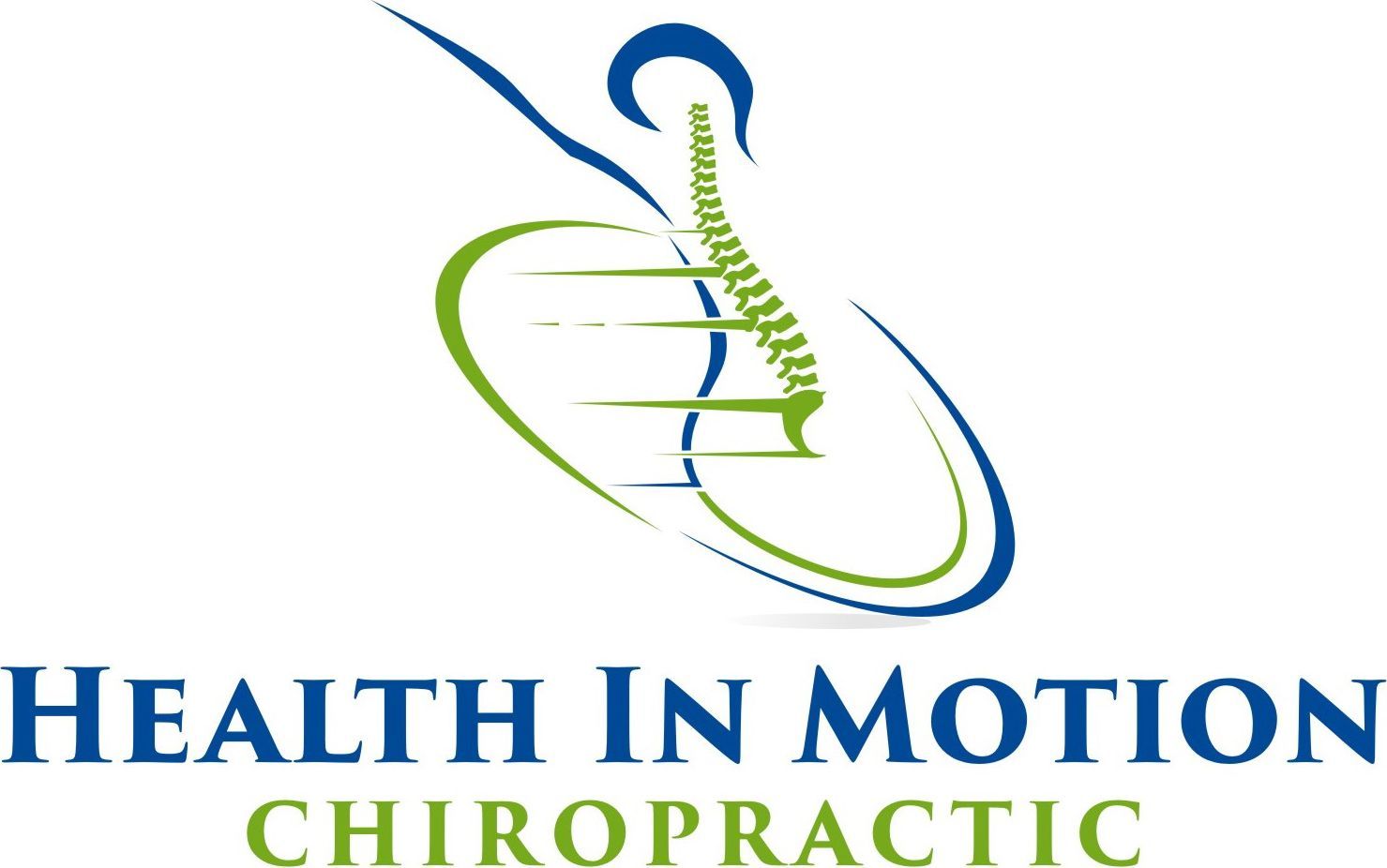Chiropractic and Rehab Services in Green Bay, WI
All Services by Appointment Only
Latest Rehabilitation Techniques
We Handle Most Insurance Paperwork
Hours:
Revitalize Your Well-Being at Health In Motion Chiropractic & Rehabilitative Services
Health In Motion Chiropractic & Rehabilitative Services, a locally owned chiropractic clinic, proudly serves Howard-Suamico and the greater Green Bay, WI area. Established in 2020, our clinic is dedicated to providing patient-centered care, ensuring that each individual receives a personalized treatment plan. We pride ourselves on spending quality time with our patients, understanding their needs, and using the latest rehabilitation techniques to provide effective treatment.
Our unique approach combines massage therapy and chiropractic in one location, offering a holistic approach to health and wellness. In addition, we incorporate exercises with our patients as part of their treatment plan, promoting active recovery. With over five years of experience, our team is committed to delivering exceptional care. We work closely with insurance companies and handle most of the paperwork, providing a hassle-free experience for our patients. Our services are provided within 1-2 business days by appointment only, ensuring timely care for all our patients. As a token of our hospitality, we offer complimentary water to all our visitors.
Give us a call today to schedule your appointment.
Why Choose Health In Motion Chiropractic & Rehabilitative Services?
Choosing Health In Motion Chiropractic & Rehabilitative Services means choosing a path toward better health and wellness. Our patient-centered approach ensures that you are not just another number, but a valued individual whose health and well-being are our top priority. We provide a comprehensive range of services, from chiropractic treatment to massage therapy, all under one roof. Our commitment to using the latest rehabilitation techniques means you receive the most effective treatment available. Choose us for your chiropractic and rehabilitative needs and experience the difference that personalized care can make. Call (920) 545-1443 to schedule your appointment today.
All Services by Appointment Only
Using the Latest Rehab Techniques
Insurance Accepted
Locally Owned and Operated
Serving the Green Bay Area Since 2020
Experienced Chiropractic Specialists
Chiropractic Treatment
Our chiropractic treatment is designed to alleviate pain and improve mobility. Using a combination of manual adjustments and state-of-the-art techniques, we help our patients achieve optimal health.
DOT Physicals
We provide Department of Transportation (DOT) physicals, ensuring that commercial drivers meet the necessary health standards to operate vehicles safely. Schedule your physical today.
VA Referrals
We accept VA referrals, providing chiropractic care and rehabilitative services to veterans. Our team is dedicated to helping those who have served our country achieve better health. Call (920) 545-1443 to learn more.
Sports Injury Care
Health In Motion Chiropractic & Rehabilitative Services offers specialized care for sports injuries. We provide personalized treatment plans to help you recover and return to your favorite sport as quickly and safely as possible.
Occupational Injuries
We offer occupational therapy services, helping patients recover from work-related injuries and conditions. Our goal is to help individuals return to their daily activities without pain or discomfort.
Wellness Care
Our wellness care services focus on promoting overall health and preventing future ailments. We also offer specialized, modern procedures for individuals suffering from bone-on-bone knee pain.
Low Back Pain
We offer effective treatment for low back pain, one of the most common complaints among adults. Our team uses a combination of chiropractic adjustments and rehabilitative exercises to relieve pain and improve function.
Neck and Upper Back Pain
Our clinic provides targeted treatment for neck and upper back pain. We utilize a range of techniques to alleviate discomfort and restore mobility. Contact Health In Motion Chiropractic & Rehabilitative Services to make an appointment.
Headaches and Migraines
We offer specialized care for headaches and migraines. Our team understands the debilitating impact these conditions can have and provides effective treatment options to help manage and reduce symptoms.
Here's what our satisfied patients are saying...
At Health In Motion Chiropractic & Rehabilitative Services, we take pride in providing exceptional chiropractic care to our patients. We would be grateful if you could share your thoughts about our practice with others. Your feedback helps us improve and helps others make informed decisions. Please take a moment to leave a review of Health In Motion Chiropractic & Rehabilitative Services and let others know what you think.
Learn More About
Health In Motion Chiropractic & Rehabilitative Services
Located in Green Bay, WI, Health In Motion Chiropractic & Rehabilitative Services specializes in chiropractic care and physical rehabilitation services. All services by appointment only. Latest rehab techniques. Insurance accepted. Call us today.
BUSINESS HOURS
- Mon - Thu
- -
- Friday
- -
- Sat - Sun
- Closed
Saturdays by Appointment Only


Share On: